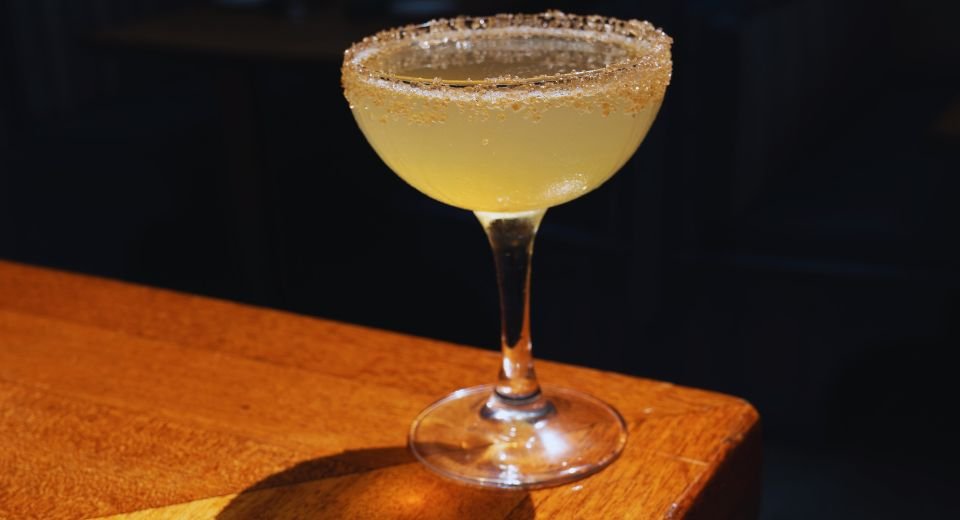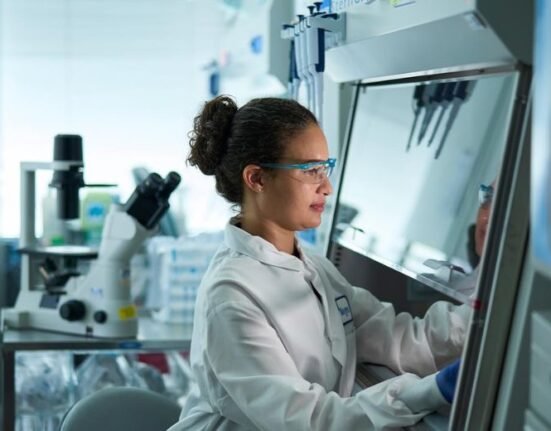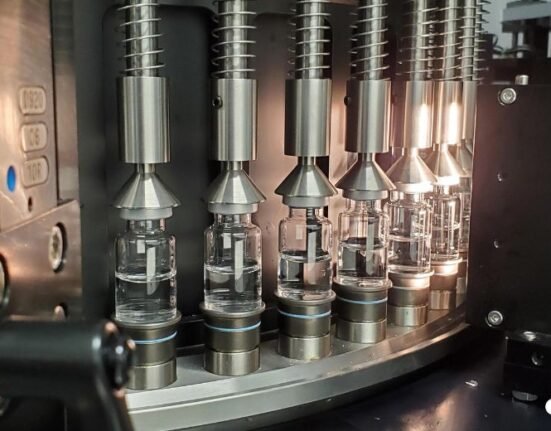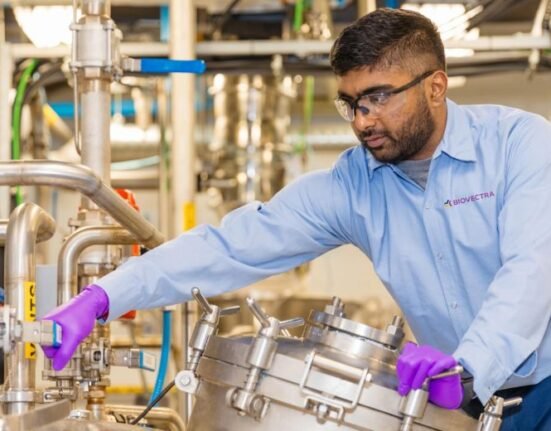HQ Team
September 16, 2023: Cancer patients and survivors who drink alcohol make their treatment less effective and raise their chances of the disease returning — an exigency often ignored by caretakers.
Researchers at the Washington University School of Medicine in St. Louis gleaned data from more than 15,000 people with a history of cancer who were participating in the National Institutes of Health All of Us Research Program.
About 12,000 people in this group reported that they drink alcohol, and nearly 40% reported engaging in hazardous drinking—that is, repeated excessive alcohol use.
Out of those, who may have been actively undergoing treatment for cancer, about 75% drank alcohol, many heavily, according to a statement from the university.
According to the study, male long-term survivors and younger people being treated for cancer were among those who were particularly likely to be heavy or frequent drinkers.
Risky behaviour
“Taken together, our findings point to the immediate and unmet need to intervene on the behalf of individuals [with cancer] with risky drinking behaviours,” Yin Cao, of the Washington University School of Medicine in St. Louis, and the study’s lead investigator, wrote in JAMA Network Open.
Recent data from the Centers for Disease Control and Prevention, show that about 17% of US adults binge drink and 6% report heavy drinking — 15 or more drinks a week for men, 8 for women.
“I was expecting that people might reduce their [alcohol] use,” especially if they were being actively treated for cancer, said Noelle LoConte, M.D., of the University of Wisconsin Carbone Cancer Center and a member of the study team. “And we didn’t … see that.”
Rates of heavy drinking have skyrocketed in the US over the last few years, driven largely by the COVID pandemic, so has the realization that drinking has definite and serious harms, she said.
“The public is really hungry to talk about” the health impact of drinking, she said. “I think we need to leverage these findings as part of that conversation.”
The fact that drinking alcohol can cause cancer has received increasing attention in the past few years.
‘Overlooked’
“But the potential threat it poses to people with cancer and longer-term survivors has largely been overlooked,” said Tanya Agurs-Collins, of the Behavioral Research Program in Cancer Control and Population Sciences.
Only a few studies have tried to capture the drinking behaviours of cancer survivors, including those still undergoing treatment, said Dr. Agurs-Collins, who was not involved in this new study.
And little has been done to understand how to help those who are heavier drinkers change their behaviour, she said.
“It’s time for a change.”
Smaller studies, including several conducted in Europe, have found potentially harmful drinking behaviours among both people being treated for cancer and longer-term survivors.
But the All of Us study, Dr. Cao and her colleagues explained, offered a unique opportunity to take a robust look at people in these groups in the United States.
Electronic health records
Started in 2018, it captures information on participants’ lifestyles other behaviours and personal backgrounds through comprehensive surveys.
Participants can also allow access to their electronic health records — with all identifying information removed — providing important insights on treatments received and other relevant health information. To date, 692,000 people have enrolled in All of Us.
Of people who reported a history of cancer, 11,815 (78%) said they drank alcohol.
The researchers categorised alcohol use based on responses to several alcohol-specific questions. They also used an assessment tool, called AUDIT-C, which was developed to study drinking behaviour.
Binge drinking was most common among men, people under the age of 50, and former and current smokers. Among those who drank, binge and hazardous drinking was also much more common in those diagnosed and treated for cancer before the age of 18.
’75% drank’
Of the participants with a history of cancer, nearly 1,800 were in active treatment for cancer at the time they completed the initial survey. Of these, 75% reported that they currently drank.
In that group, nearly 25% reported binge drinking and 38% reported hazardous drinking. The researchers could not verify, however, if drinking occurred during treatment.
Particularly troublesome is that so many younger people—those within the 15–39 age range of adolescents and young adults, or AYAs—reported heavy drinking, said Adam DuVall, M.D., of the University of Chicago Cancer Center, who specialises in treating blood cancers in children and AYAs.
Studies have shown that “high-risk behaviours are higher in [AYA] survivors,” Dr DuVall said. “Rates of anxiety and depression are also higher,” he continued, as well as other psychological problems like post-traumatic stress disorder (PTSD).
“Up to 40% of AYAs with cancer have PTSD of some sort,” he said. “Substance abuse and high-risk behaviours go along with that.”








